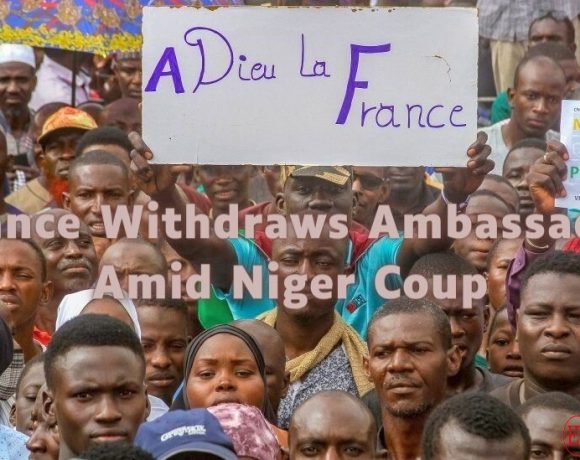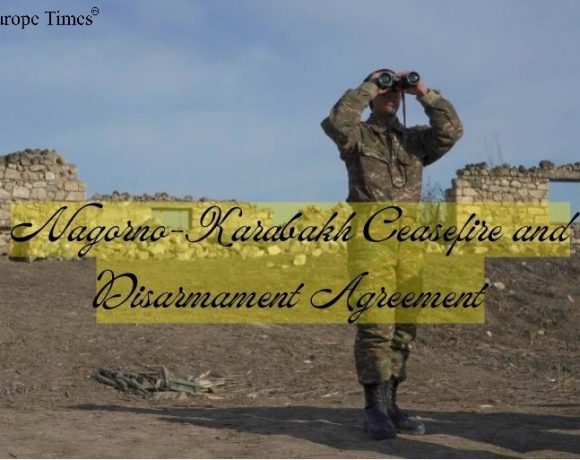
French President Emmanuel Macron has announced the withdrawal of France’s ambassador from Niger and the termination of all military cooperation with the country in response to a recent coup. Macron stated, “France has decided to withdraw its ambassador. In the next hours, our ambassador and several diplomats will return to France,” and he declared that military cooperation is “over,” with French troops set to leave in the coming months. The military junta, which took control of Niger in July, welcomed this decision as a step toward the country’s sovereignty.
Approximately 1,500 French soldiers are stationed in the landlocked West African nation. The move comes after months of tension and protests against France’s presence in Niger, marked by regular demonstrations in the capital, Niamey. This decision has significant implications for France’s operations against Islamist militants in the broader Sahel region and its influence in the area. However, Macron emphasized that France would not allow itself to be held hostage by the coup leaders.
Macron reiterated his support for ousted Niger President Mohamed Bazoum, currently held captive by the coup leaders, viewing him as the country’s “sole legitimate authority.” He described Bazoum as a “hostage” and suggested that the coup was motivated by his courageous reforms and political rivalries.
Niger is one of several former French colonies in West Africa where the military has recently seized power, following similar events in Burkina Faso, Guinea, Mali, and Chad. Anti-French sentiment has been on the rise in the region, with accusations of neocolonialist policies against Paris.
Furthermore, concerns have emerged in the West regarding the growing influence of Russia’s Wagner mercenary group in the Sahel region. Wagner is accused of human rights abuses and has supported some of the new military regimes.
The regional Economic Community of West African States (Ecowas), with France’s support, has threatened military intervention in Niger to restore President Bazoum to power, but no action has been taken thus far.
Niger’s military leaders had previously demanded the departure of French Ambassador Sylvain Itte, but the French government refused to comply and did not recognize the military regime as legitimate. This announcement from Macron comes shortly after Niger’s coup leaders banned “French aircraft” from flying over the country, restricting access to Niger’s airspace for French flights.
Picture Courtesy: Google/images are subject to copyright

